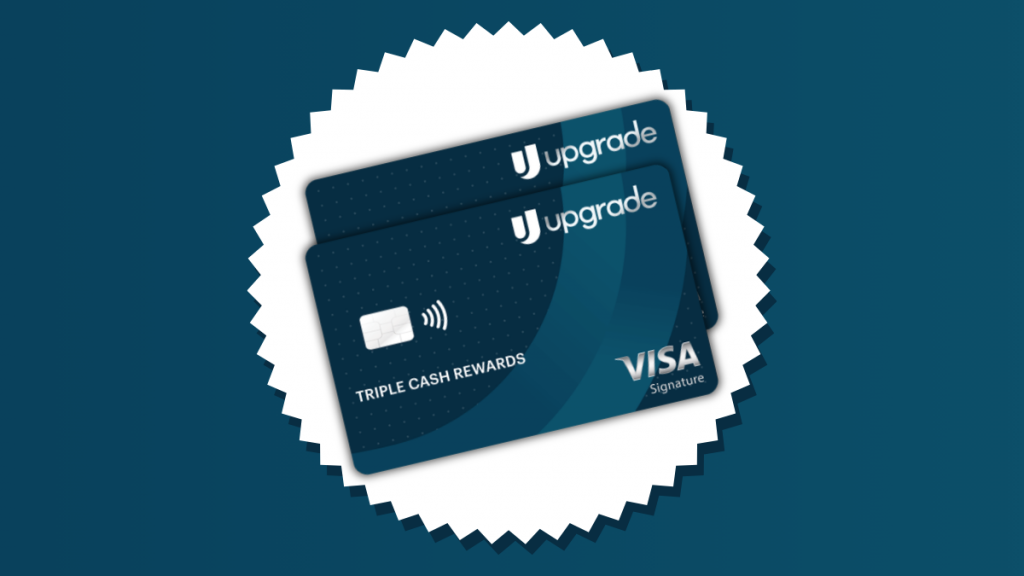Investing (US)
Bonds as an Investment: a guide for beginners
How much do you know about bonds investments? We want to test your knowledge and challenge you to gain money out of bonds!
Learn what are Bonds as an Investment and how to start

Simply said, bonds investments are like a loan. When you buy bonds, you are basically lending money to a company or government of your choice. That institution will then issue you a receipt for your loan, as well as an interest guarantee in the form of a bond. Quite simple, uh?
Moreover, it is also worth remembering that bonds have expiration dates. That is, they come in different shapes and sizes. For example, when a bond reaches its expiration date, the investor receives the amount paid for the bond. Bonds are issued with short, medium, and long-term expiration dates. You can even choose one that will expire in thirty years.
Therefore, if you are already an investor, you probably already know that this means that this is a type of investment that allows you to set up different strategies. For instance, by choosing a bond that will expire in thirty years, you can allow yourself to plan for the future. Which is not a bad idea.
The main investing risk you can face when trading bonds is the principal amount of your investment not being returned to you. However, you may mitigate some of this risk by carefully evaluating the company/government in which you invest.
But how is this different from stocks (which, by the way, is a topic we have also talked about in a previous article)? Well, unlike stocks, you will not directly benefit from the company’s success or the value of its profits if you invest in bonds. And that is because your bond’s rate of return will remain unchanged.
Keep reading to find out more!

10 best trading platforms for beginner investors
Want to invest? Know that you'll need to trust your broker. So, we present to you the best trading platforms for beginner investors.
What is Bond Investing?

Within this type of investment, we can pretty much divide its products into four categories, which are explained below.
You will be redirected to another website
By submitting this form, I agree that I am 18+ years old and I agree to the Privacy Policy and Terms and Conditions. I also provide my signature giving express consent to receive marketing communications via automated emails, SMS or MMS text messages and other forms of communication regarding financial products such as credit card and loans. Message frequency varies and represents our good faith effort to reach you regarding your inquiry. Message and data rates may apply. Text HELP for help or text STOP to cancel. I understand that my consent to receive communications is not a condition of purchase and I may revoke my consent at any time.
Government bonds
Government bonds are issued by the government, as the name already says. National, federal, and even local governments can issue bonds. Such bonds are directly linked to the government’s need to produce money and tax the people.
If you are American, know that the United States has the most well-known and renowned bonds. But if you are not, do not worry. Their bonds are also available in other countries, like Brazil, the United Kingdom, and Germany.
Corporate bonds
The name is pretty obvious here as well. In the bonds investments market, corporate bonds comprehend a large percentage of the bonds traded. They normally have greater rates than government bonds. However, they also carry a larger risk, particularly in the event of default. Companies can issue both fixed-rate and floating-rate bonds.
Regarding the expiration date options, they also vary. For example, short-term expiration dates last fewer than five years; medium-term, less than twelve years; and long-term, more than twelve years.
Asset-backed bonds
Also known as asset-backed securities, or ABS, this type of financial product means bonds or notes backed by financial assets. For example, credit cards, car loans, etc. They are, however, typically reserved for institutional or more experienced investors. Bonds are issued in this method when the cash flows generated by assets have been filled and made available to diverse investors.
Are Bonds a good investment?
Bonds, as previously said, are loans. Because bonds usually are safer than stock investments, they are commonly associated with conservative investment profiles. How do they word? When you buy government or corporate bonds, you automatically become a creditor of that company. In addition, you can buy directly from the issuer or through secondary markets.
The corporation or the government will then owe you a debt. Afterward, you will be required to refund the sum plus interest, as well as pay the principal on the due date. Both the government or corporation issue bonds and utilize the proceeds to fund projects and improvements. In the case of a government, the funds are used to build roads, schools, and other infrastructure.
So, are bonds, in general, a good investment option for you? To answer that, first, you must discover your investor profile. Second, if you see that conservative investments fit with your planned portfolio, then the answer is yes.
How to start investing in Bonds: step by step

1. Define your goals
Your first mission will be understanding who you are as an investor. Therefore, you will have to ask yourself what are your needs. Here, it is important to highlight that asking yourself the right questions is essential. As a consequence, the answer you will come across you help you define very important factors: your investor profile, as well as your plan to build an adequate investment portfolio.
2. Choose a brokerage platform
The second step will be to find the right brokerage for you. In this sense, we have a lot of articles describing, as well as comparing, many of the top-recommended brokers. After you finish reading this, go have fun with our other articles. After all, as a client, it is important that you find good brokers to help you along the way.
3. Do the Math of the costs involved
After finding and opening your brokerage account online, you will also need to write down the costs of investing. No, you did not read it wrong! If you already read our articles, you have probably read a lot about the fact it is not as simple as separating aside the money you want to invest. Actually, keep in mind that you will also have to set aside the money to pay the fees involved.
4. Choose the type of bond you want
With all of this in mind, it is time to finally take the advice of the broker who you trust and choose which bond you will buy! Of all of the steps, this is the fastest.
5. Decide what to do next
We have already mentioned expiration dates a lot. But one thing you can also consider, after buying a bond, is selling your bond. After all, being an investor is a full-time job. Because the most successful ones are the ones who continuously study what is going on in the financial market, thus analyzing which is the best move to play next.
Enjoyed our content? Then do not stop here! We have an entire series of articles on types of investments, whether stocks, mutual funds, or whichever you are interested in! Keep following us for more.

What are typical investment fees?
Being an investor not only means setting money aside to invest but also paying the costs involved. Discover what are investment fees!
About the author / Thais Daou
Reviewed by / Aline Barbosa
Senior Editor
Trending Topics

The Key Rewards Visa full review: more rewards at no annual fee
Learn everything about the new Capital One card that lets you earn more rewards at a $0 annual fee. Read The Key Rewards Visa review article.
Keep Reading
Will a change to my credit card number hurt my score?
If you wonder if a change to your card number will hurt your score, check out our post to learn more about scores and how they are affected!
Keep Reading
Eloan review: what you need to know before applying
In this Eloan review article, you will learn how it works and how you can get the best of it to achieve your goals and cover up your needs.
Keep ReadingYou may also like

Application for the Upgrade Triple Cash Rewards Visa®: how does it work?
Don't know how to apply for your Upgrade Triple Cash Rewards Visa®? Don't worry. This article has every piece of information you need to get this card and enjoy its benefits.
Keep Reading
Milestone® Mastercard® - Less Than Perfect Credit Considered application
Learn how to apply for the Milestone® Mastercard® - Less Than Perfect Credit Considered and fix your bad credit!
Keep Reading
Southwest Rapid Rewards® Plus Credit Card application: how does it work?
Learn how to apply for the Southwest Rapid Rewards® Plus Credit Card. It is a great way to save money on your next trip. With this card, you can earn redeemable points for free flights and other rewards, such as gift cards!
Keep Reading